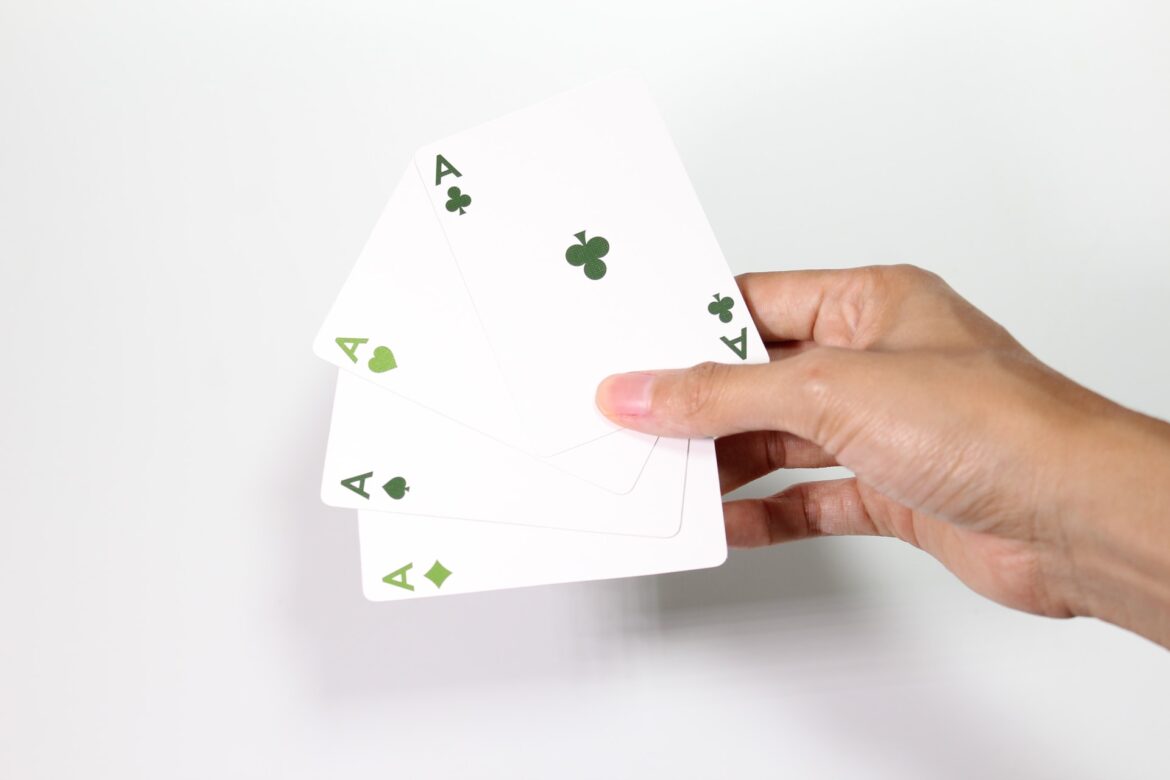In the intricate world of poker, success hinges not merely on bluffing prowess or psychological tenacity. The underlying mathematics play an indispensable role in the trajectory of each game. This article delves into the probabilities, combinations, and statistics that govern the distribution of poker hands, providing insight into this captivating aspect of the popular card game.
Understanding Combinations
Poker hands are primarily about combinations, which are a fundamental concept in mathematics.
The Basics of Combinations
The basic idea of a combination involves determining the number of ways to select items from a larger set, where the order of selection does not matter. This concept is crucial in poker because a hand is defined by its constituent cards, not the order in which you receive them.
For instance, consider a standard deck of 52 cards. If we want to know how many distinct 5-card hands can be drawn from this deck, we would use the formula for combinations, typically denoted as C(n, k), where n is the total number of items, and k is the number of items to select.
Combinations in Poker
In poker, we draw 5 cards from a 52-card deck, hence n=52 and k=5. The formula for combinations is:
C(n, k) = n! / [(n-k)!k!]
Here, the exclamation mark denotes factorial, meaning the product of all positive integers up to that number. Applying these values, we find that there are 2,598,960 unique 5-card hands that can be drawn from a standard deck.
Probabilities of Poker Hands
With the understanding of combinations, we can delve into the probabilities of specific poker hands.
Royal Flush Probability
A royal flush is the highest possible hand in the game of poker, consisting of the Ace, King, Queen, Jack, and 10 of the same suit. Since there are four suits in a deck, there are only four possible royal flushes. Thus, the probability of drawing a royal flush is 4 out of 2,598,960, which simplifies to approximately 0.000154%—exceedingly rare indeed.
Four-of-a-Kind Probability
A four-of-a-kind hand consists of four cards of one rank and any other card. To calculate this probability, we must consider the number of ways to draw four cards of the same rank (13 possibilities, one for each rank), and the number of ways to draw the remaining card (48 possibilities, as there are 52 cards in the deck and we’ve already selected 4). Therefore, the probability of drawing a four-of-a-kind hand is (13*48) / 2,598,960, which simplifies to approximately 0.024%.
Other Hand Probabilities
The probabilities of other hands follow similar calculation methods, considering the number of ways to draw each hand and dividing by the total number of possible hands. The probability decreases as the hand’s ranking increases, with the exception of the straight flush and royal flush due to their specific suit requirements.
Importance of Math in Poker Strategy
The mathematical aspect of poker is not restricted to understanding hand probabilities. It also extends to formulating effective strategies.
Pot Odds
Pot odds are a significant concept in poker strategy, representing the ratio of the current size of the pot to the cost of a contemplated call. Understanding pot odds can guide a player’s betting decisions by comparing the potential profits to the likelihood of winning.
Expected Value
Expected value (EV) is another critical mathematical concept in poker, representing the average outcome of a given scenario if it were to be repeated many times. By calculating the EV of their decisions, players can make more informed betting decisions, which can lead to long-term profitability.
Conclusion
The mathematics of poker hands is a fascinating interplay of probability and strategy. A solid understanding of the underpinning math can not only enhance a player’s appreciation of the game but also equip them with the tools to make more informed decisions and possibly improve their performance. While poker will always be a game of uncertainty and intuition, there is no denying that numbers hold the power to illuminate the path towards strategic mastery.




